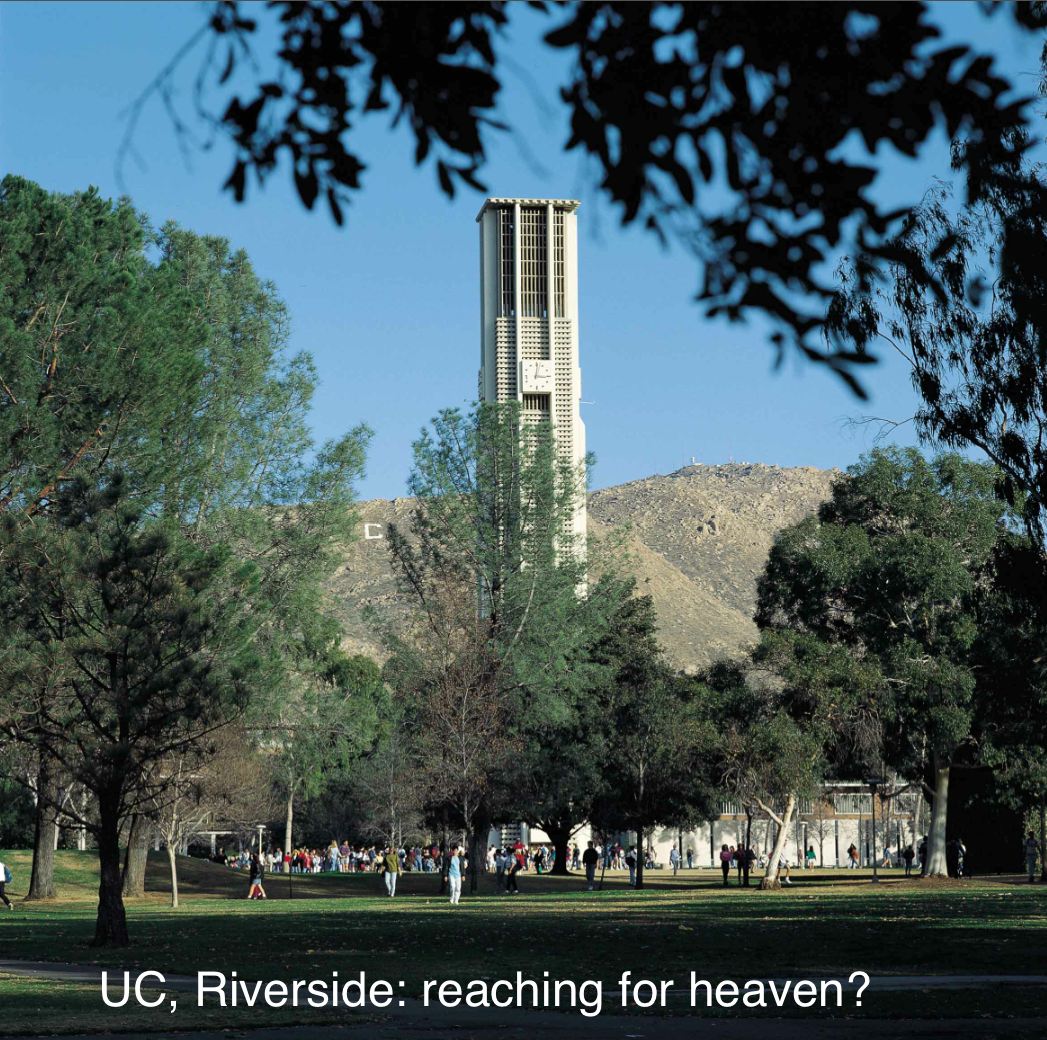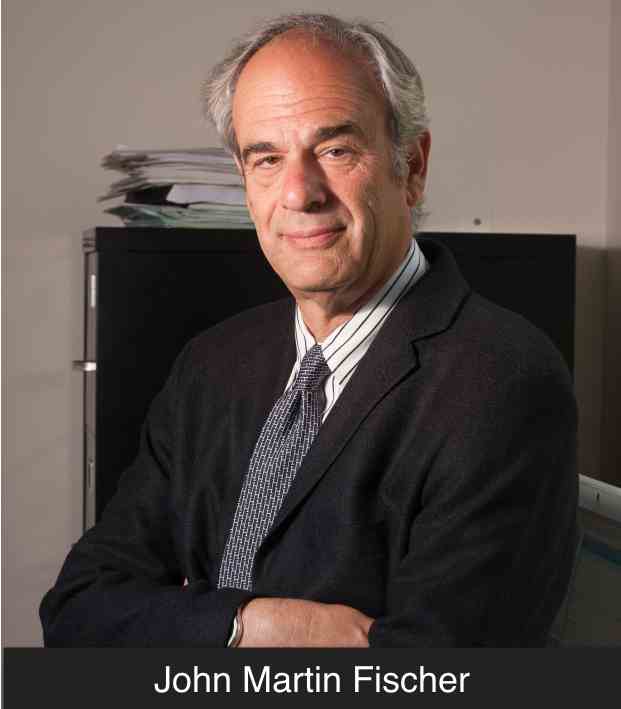Immortality Project: mixed reactions
publication date: Aug 3, 2012
 News that the Templeton Foundation is providing $5 million dollars for a University of California, Riverside (UCR), professor – John Martin Fischer – to set up theImmortality Project (as reported in my previousBlog), an inquiry into the after-life, has been greeted with mixed reactions.
News that the Templeton Foundation is providing $5 million dollars for a University of California, Riverside (UCR), professor – John Martin Fischer – to set up theImmortality Project (as reported in my previousBlog), an inquiry into the after-life, has been greeted with mixed reactions.On the one hand, most commentators - myself included - are agreed that it is a worthwhile venture. But some have questioned why the Templeton Foundation feels it is necessary, when so much peer-reviewed research producing positive results has already been done, over the decades, without influencing public or scientific opinion.
In any such discussion, it is important not to point a finger at the Templeton Foundation. Prof Fischer has not been asked by the foundation to carry out the Immortality Project. It is his concept: one that he clearly feels is important and the Templeton Foundation agrees, to the extent of funding it over three years.
One assumes that in conceiving the Immortality Project Prof Fischer was already familiar with parapsychological literature and the work of eminent scientists in the field. But if so, why did the UCR announcement include this statement:
"Anecdotal reports of near-death experiences, out-of-body experiences and past lives are plentiful, but it is important to subject these reports to careful analysis, Fischer said."
In fact, the UCR Today report, written by the university's media contact, Bettye Miller, went further, saying "Anecdotal reports of glimpses of an afterlife abound, but there has been no comprehensive and rigorous, scientific study of global reports about near-death and other experiences, or of how belief in immortality influences human behaviour."
When author and researcher Chris Jensen Romer read UCR's take on previous investigations into aspects of life-after-death, he "nearly spat my coffee all over my keyboard", adding, "the cat is still holding his paws over his ears from my indignant yelp".
"How can anyone write this?" he asks at his entertaining Polterwotsit blog. He then proceeds to explain that the claim had resulted in such a violent reaction because "for 130 years exactly this kind of work has been going on...." Chris also points out that eight Society for Psychical Research presidents have been Nobel Prize winners. Click on this link to read Chris's excellent response in full.
 He's not alone in reminding UCR that an enormous amount of work has been done on investigating immortality. So why reinvent the wheel? Doug Todd, a Vancouver Sun staff writer who "explores faith, religion, sex, spirituality, politics, ethics and the soul", urges those involved in the Immortality Project to "take seriously the impressive investigations that have already been done in the field by several key people, including philosophy professor emeritus David Ray Griffin, of Southern California's Claremont Graduate University (which, coincidentally, is only 50 kilometres from UC Riverside)." Griffin is the author of Parapsychology, Philosophy and Spirituality: A Post-Modern Exploration which includes chapters on studies into life after death, reincarnation and communication with the dead.
He's not alone in reminding UCR that an enormous amount of work has been done on investigating immortality. So why reinvent the wheel? Doug Todd, a Vancouver Sun staff writer who "explores faith, religion, sex, spirituality, politics, ethics and the soul", urges those involved in the Immortality Project to "take seriously the impressive investigations that have already been done in the field by several key people, including philosophy professor emeritus David Ray Griffin, of Southern California's Claremont Graduate University (which, coincidentally, is only 50 kilometres from UC Riverside)." Griffin is the author of Parapsychology, Philosophy and Spirituality: A Post-Modern Exploration which includes chapters on studies into life after death, reincarnation and communication with the dead.Todd also names a number of Canadian scientists who have made important contributions to the subject, and concludes his excellent piece (which can be read in full here) with these words: "Let's hope the 20th-century pioneers in the field such as Griffin, and newcomers like Norenzayan and Beauregard, are welcomed into the Immortality Project at UC Riverside".
And since the Immortality Project seems to be particularly interested in near-death experiences, it will find a paper just published by Italian scientists Enrico Facco and Christian Agrillo invaluable. "Near-death experiences between science and prejudice" has been published online by Frontiers in Human Neuroscience. As well as outlining the three essential items they consider necessary for a proper assessment of NDEs, they also provide an extensive list of reference sources which demonstrate how much research has already been conducted into NDEs.
John Martin Fischer is currently based at the Centre for Advanced Study in Bioethics, University of Muenster, Germany, where he has a fellowship until December. In an interview with Los Angeles Times writer Larry Gordon, he said of the Immortality Project: "It doesn't mean we are trying to prove anything or the other. We will be trying to be very scientific and rigorous and be very open-minded."
Fischer has indicated he is "not a religious person" and is sceptical about an afterlife, but believes "endless life without death could be a good thing".
Perhaps most disturbing revelation, in an interview with Marc Parry of The Chronicle of Higher Education, is Fischer's statement that "the Immortality Project will avoid trying to prove or disprove whether an afterlife exists". Instead, it will "chip away at the problem by studying what we can study". For example, Parry writes, "possible subjects like whether brain structures predispose people to believe in an afterlife, or whether people who believe in an afterlife are more likely to behave morally".
His thinking seems to be influenced by scientific advances that suggest human and computers will merge at some time in the future. That promises physical immortality. But, surely, looking for evidence that we are already immortal – in spiritual terms, having a soul – is a far more exciting prospect and one that deserves the lion's share of the Templeton Foundation's $5m funding.
From Roy Stemmans Paranormal Review Blog http://www.paranormalreview.com/articles/20120803
No comments:
Post a Comment